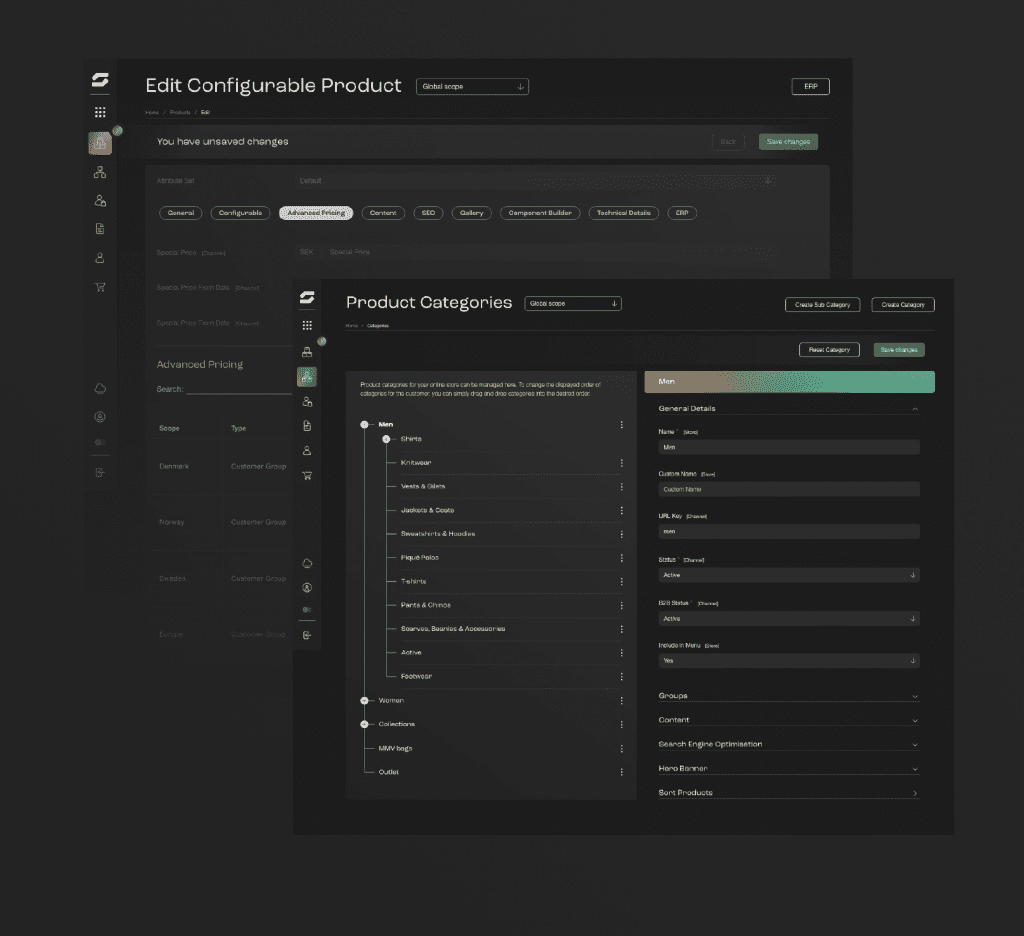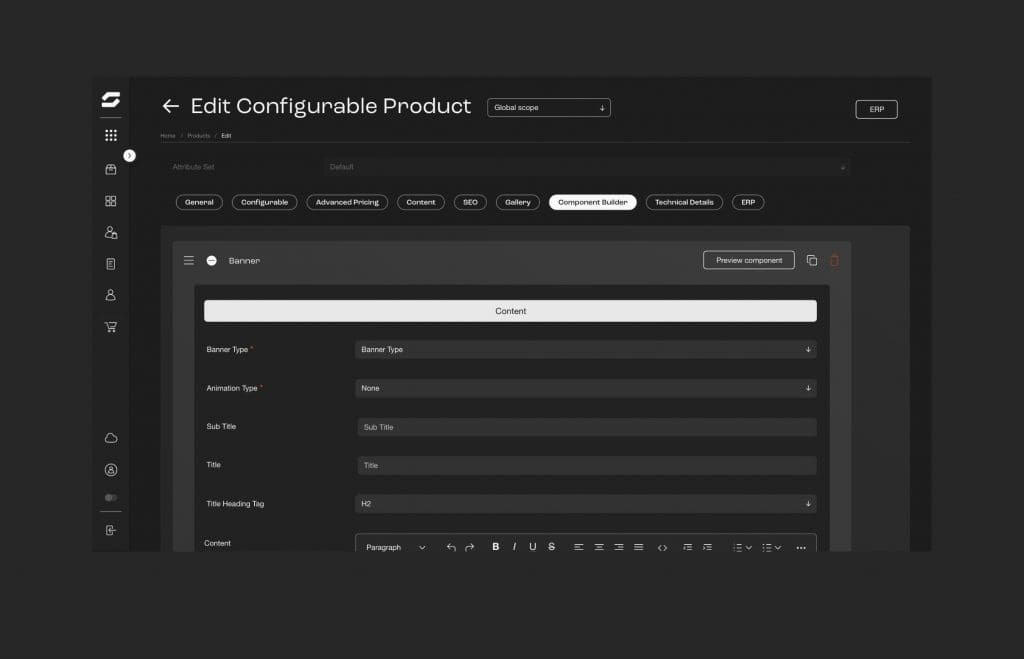What types of companies should implement a PIM system?
A PIM system is perfect for your company if you relate to the following:
Complex Product Content and Relationships: If your company manages intricate product content and intricate relationships between various products, a PIM system can streamline this process.
High SKU Count: Companies with a substantial number of Stock-Keeping Units (SKUs) can benefit significantly from a PIM system, as it helps organize and maintain product data efficiently.
Multi-Channel Sales: If your business sells products and services through multiple channels, such as online, offline, and various platforms, a PIM system can help you maintain consistency in product information across these channels.
Data from Multiple Suppliers: Managing data from various suppliers can be challenging. A PIM system simplifies the process by centralizing and harmonizing this data.
Accurate Product Information for Multiple Teams: When multiple teams within your organization need access to accurate and up-to-date product information, a PIM system ensures consistency and reliability.
Repetitive or Manual Tasks: If your teams often deal with repetitive or manual tasks related to product management, a PIM system can automate many of these processes, saving time and reducing errors.
Frequent Product Offer Updates: Companies that frequently expand or update their product offerings throughout the year can benefit from a PIM system, which makes it easier to make changes efficiently and consistently across all channels.





